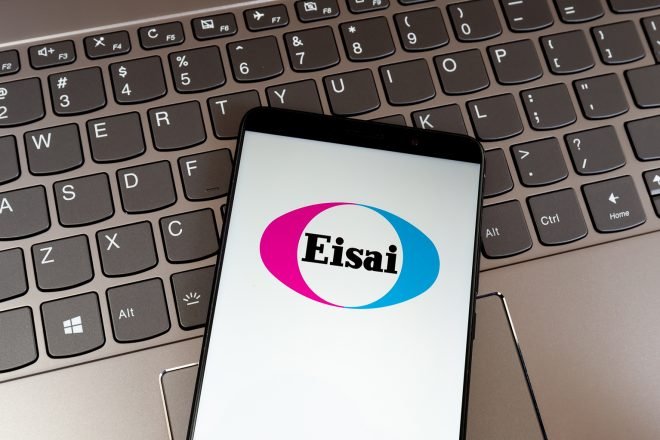Advertisment
FDA grants priority review to Keytruda + Lenvima for advanced endometrial carcinoma – Merck Inc + Eisai

Merck Inc and Eisai announced that the FDA has accepted and granted priority review for an application seeking new approval for the combination of Keytruda (pembrolizumab) plus Lenvima (lenvatinib), the orally available multiple receptor tyrosine kinase inhibitor discovered by Eisai, for the treatment of patients with advanced endometrial carcinoma. The application is for the treatment of patients with advanced endometrial carcinoma who have disease progression following prior systemic therapy in any setting and are not candidates for curative surgery or radiation, based on PFS, OS and ORR data from the pivotal Phase III KEYNOTE-775/Study 309 trial. This is one of the first applications to be submitted in the U.S. for this combination therapy based on Phase III clinical data. The FDA has set Prescription Drug User Fee Act (PDUFA) dates September 3, 2021, for the advanced endometrial carcinoma application.
The applications in advanced endometrial carcinoma are based on results from KEYNOTE-775/Study 309, in which Keytruda plus Lenvima demonstrated statistically significant improvements in PFS, OS and ORR versus chemotherapy (investigator’s choice of doxorubicin or paclitaxel), regardless of mismatch repair (MMR) status. These data were presented in March at the virtual Society of Gynecologic Oncology (SGO) 2021 Annual Meeting on Women’s Cancer.
KEYNOTE-775/Study 309 is the confirmatory trial for KEYNOTE-146/Study 111, which supported the 2019 accelerated approval of the combination for the treatment of patients with advanced endometrial carcinoma that is not microsatellite instability-high (MSI-H) or mismatch repair deficient (dMMR), who have disease progression following prior systemic therapy and are not candidates for curative surgery or radiation. This indication was an accelerated approval based on tumor response and durability of response and reviewed under the FDA’s Real-Time Oncology Review pilot program and the FDA’s Project Orbis. Continued approval for this indication may be contingent upon verification and description of clinical benefit in the confirmatory trial.





